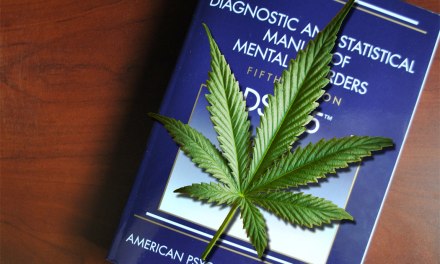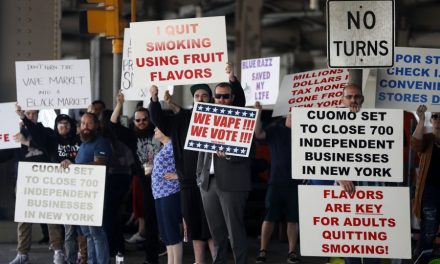I knew the investor community was interested in the financial potential of psychedelic drugs as a treatment for, well, a whole bunch of different things. But I figured the interest would come mainly from the left side of the political aisle, traditionally more tolerant of drug use. Apparently I was wrong. As this article suggests, there’s no shortage of interest from right-leaning investors.
Why is the American right suddenly so interested in psychedelic drugs?
The list includes conservative stalwarts such as Peter Thiel, co-founder of PayPal. It’s been reported that Thiel has poured approximately thirty million dollars into conservative campaigns during this election cycle alone. Then there’s the Mercer Foundation, longtime supporters of right-wing causes and candidates — including Donald Trump.
Why are they interested? Well, some of them may themselves be former users. Others are fans of alternative health practices in general. But as The Guardian piece makes clear, every one of them expects to get rich from the investment. Or “richer”, I suppose.
From the article: “As psychedelics are absorbed into mainstream medicine… [it promises] to become another American cash cow. Money will come from patents on novel formulations and by patenting and providing the associated treatment techniques.”
Now that is something we’re familiar with. It’s what we witnessed with the introduction of Oxycontin, and CBD products, and vaping, and again with commercial cannabis in states where it’s now legal. The idea is to get into the marketplace early and grab as much market share as possible — so when the inevitable shakeout occurs, and smaller vendors drop out or disappear, you’re left in the catbird seat. Able to expand your position or if you choose, to sell up at a profit, to someone willing to pay a premium for your stake.
An example might be Juul, the e-smoking startup launched by two San Francisco-based entrepreneurs in 2015. By Fall of 2017, it had secured close to a third of the US market for e-cigarettes. Impressive, sure, but that’s just when business really took off.
By mid-2018, Juul’s share had grown to 70% of the market. By the end of that same year, the company, now valued at $38 billion dollars, arranged to sell a minority stake in its operation to tobacco giant Altria, the makers of Marlboro and other tobacco brands, for a remarkable $12.9 billion.
That’s a lot of money to change hands in the course of a few short years. Unfortunately, things went downhill from there. How that happened:
I’m wondering if this is just history repeating itself, this time involving psilocybin, ketamine, MDMA etc. as the drivers. Will things deteriorate going forward? It’s anybody’s guess. But I’ve noticed that when a market is “hot” enough, investors often fail to have learned from the experience of others, no matter how painful it may have been.













